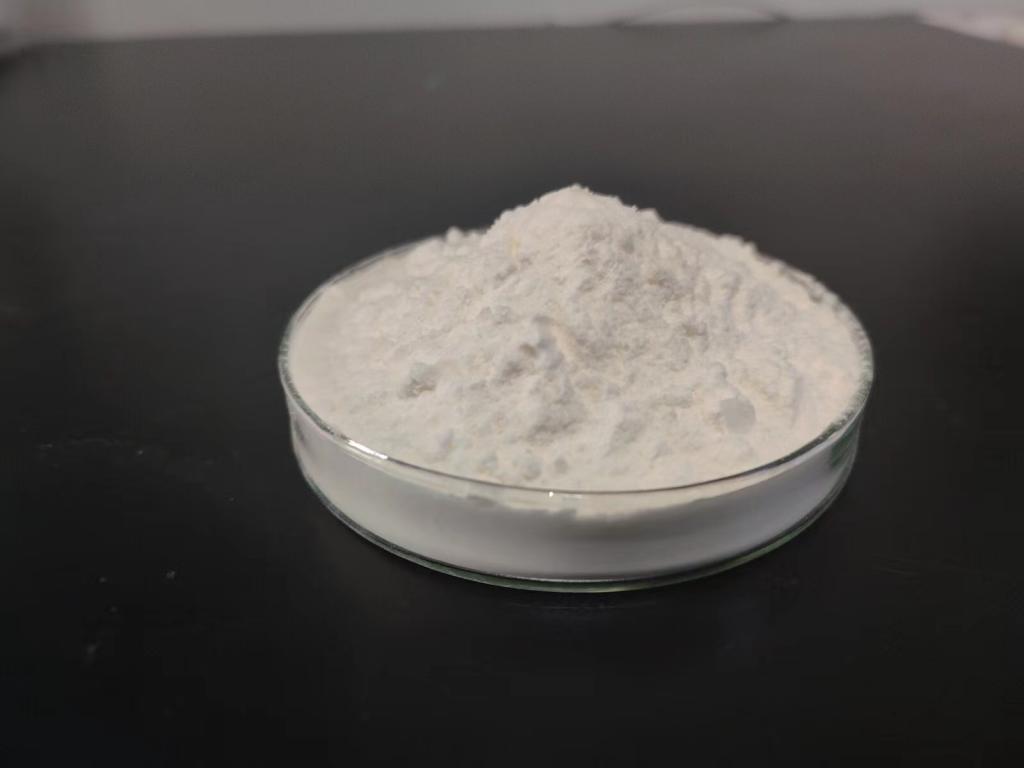Tel:+8618231198596

News
 CONTACT
CONTACT
 CONTACT
CONTACT
- Linkman:Linda Yao
- Tel: +8618231198596
- Email:linda.yao@dcpharma.cn
- Linkman:CHARLES.WANG
- Department:Overseas
- Tel: 0086 0311-85537378 0086 0311-85539701
News
Current Position:
Home >
News
>Harnessing ε-Polylysine Hydrochloride for Precision Control of Microbial Growth
Harnessing ε-Polylysine Hydrochloride for Precision Control of Microbial Growth
TIME:2024-02-29
I. Soil Microbial Communities: Guardians of Ecosystem Health
Diversity and Functions:
Soil harbors a vast diversity of microorganisms, including bacteria, fungi, and archaea, collectively forming intricate microbial communities.
These communities contribute to nutrient cycling, organic matter decomposition, and plant-microbe interactions, crucial for sustaining healthy ecosystems.
Ecosystem Services:
Microorganisms in soil provide essential ecosystem services such as nutrient availability, disease suppression, and soil structure improvement.
Their activities influence the health and productivity of plants, impacting agricultural yields and overall ecosystem resilience.
II. Challenges in Soil Microbial Management:
Pathogen Control:
Soilborne pathogens pose a threat to crop health and productivity, leading to yield losses and compromising food security.
Traditional methods of pathogen control often involve chemical pesticides, raising concerns about environmental impact and long-term soil health.
Imbalances in Microbial Populations:
Disturbances caused by human activities, agricultural practices, or climate change can disrupt the balance of microbial populations in soil.
Imbalances may lead to the proliferation of harmful pathogens, the depletion of beneficial microbes, and alterations in nutrient cycling.
III. ε-Polylysine Hydrochloride: A Potential Solution
Natural Origin and Biodegradability:
ε-Polylysine Hydrochloride is derived from natural sources, making it environmentally friendly and biodegradable.
Its biodegradability is crucial for minimizing long-term environmental impact and aligning with sustainable soil management practices.
Antimicrobial Properties:
The antimicrobial properties of ε-Polylysine Hydrochloride make it effective against a wide range of microorganisms, including bacteria and fungi.
This property presents an opportunity for precision control over microbial populations in soil, addressing specific challenges without indiscriminate effects.
IV. Precision Applications of ε-Polylysine Hydrochloride in Soil Management:
Targeted Pathogen Control:
ε-Polylysine Hydrochloride can be applied to soil for targeted control of soilborne pathogens.
Precision application methods, such as localized treatments or seed coatings, enable the suppression of specific pathogens without affecting non-target microbes.
Microbial Community Restoration:
After disturbances, such as pesticide application or extreme weather events, the addition of ε-Polylysine Hydrochloride can aid in restoring a balanced microbial community.
Precision management strategies can target the reintroduction of beneficial microbes and promote ecosystem recovery.
Enhancing Soil Health in Agriculture:
In agriculture, precision application of ε-Polylysine Hydrochloride can be integrated into practices that enhance soil health.
By selectively targeting harmful microbes, it can contribute to disease suppression and promote a favorable environment for plant growth.
Niche-Specific Treatments:
Precision control allows for the development of niche-specific treatments, addressing microbial imbalances in specific soil environments.
This approach minimizes the ecological footprint of treatments and avoids the unintended consequences of broad-spectrum interventions.
V. Challenges and Considerations:
While ε-Polylysine Hydrochloride holds promise for precision microbial control in soil, challenges and considerations must be addressed:
Optimal Dosage and Application Methods:
Determining the optimal dosage and application methods of ε-Polylysine Hydrochloride for specific soil conditions and challenges is crucial.
Research efforts should focus on refining application protocols to maximize efficacy and minimize unintended consequences.
Ecological Impact:
Assessing the ecological impact of ε-Polylysine Hydrochloride on non-target organisms and soil functions is essential.
Comprehensive studies are needed to evaluate its long-term effects on soil microbial communities and overall ecosystem health.
Integration with Sustainable Practices:
The use of ε-Polylysine Hydrochloride should be integrated with other sustainable soil management practices to ensure holistic approaches to soil health.
Collaborations between scientists, agronomists, and environmental experts are necessary for developing integrated solutions.
VI. Case Studies and Success Stories:
Examining case studies where ε-Polylysine Hydrochloride has been successfully applied in precision soil management provides practical insights into its real-world applications. These cases can showcase the effectiveness of targeted interventions and guide future implementations.
VII. Future Prospects and Innovations:
The future of ε-Polylysine Hydrochloride in precision soil microbial control lies in ongoing research and innovations. Exploring new applications, refining protocols, and developing synergistic approaches with other sustainable soil management practices will contribute to its continued advancement.
VIII. Conclusion:
ε-Polylysine Hydrochloride emerges as a promising tool for precision control of microbial growth in soil, offering targeted solutions to specific challenges without compromising overall soil health. As the demand for sustainable agriculture and environmental stewardship grows, the integration of ε-Polylysine Hydrochloride into precision soil management practices holds the potential to transform the way we approach microbial control in the soil ecosystem. By fostering a harmonious balance between targeted interventions and environmental sustainability, ε-Polylysine Hydrochloride contributes to the creation of resilient and productive soils, paving the way for a more sustainable future in agriculture and land management.
- Tel:+8618231198596
- Whatsapp:18231198596
- Chat With Skype







